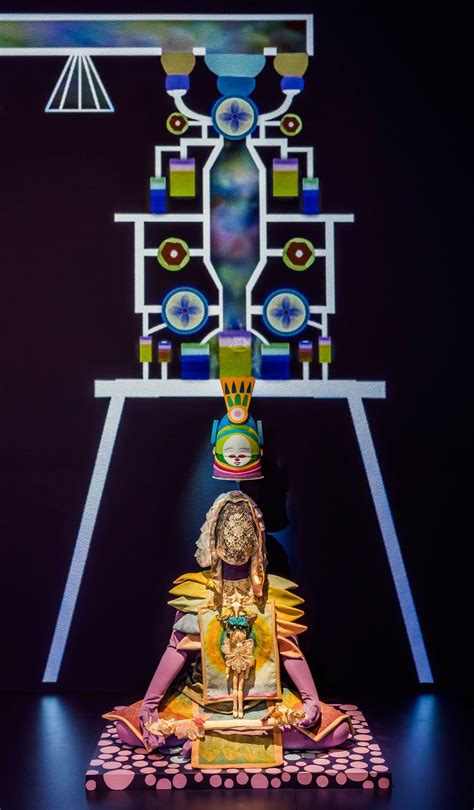A Quote by Douglas Adams
Being virtually killed by a virtual laser in a virtual space is just as effective as the real thing, because you are as dead as you think you are.
Related Quotes
If you're having a very high-adrenaline, high-movement experience in virtual reality, and then all of a sudden you're back in your office, that disconnect is pretty notable. Whereas if you're using it for virtual reality teleconferencing... there's really no kind of impact moving back and forth between the real and the virtual world.
The virtual community? The word virtual does not mean "virtue." It means "not." When I go to the store and they say: The shirt that you brought in is virtually done. It means it is not done, in the same way that the virtual community is not a community. There is no commitment there. When you log off, you are not a member of it anymore. My flesh and blood community, the sense of knowing my neighbor, knowing the guy across the street, having dinner with the people down the block, getting along with each other and making compromises, that's a genuine community with a commitment.
Commentators frequently blame MMORPGs for an increasing sense of isolation modern life. But virtual worlds are less a cause of that isolation than a response to it. Virtual worlds give back what has been scooped out of modern life. The virtual world is in important ways more authentically human than the real world. It gives us back community, a feeling of competence, and a sense of being an important person whom people depend on.
The dancer, or dancers, must transform the stage for the audience as well as for themselves into an autonomous, complete, virtual realm, and all motions into a play of visible forces in unbroken, virtual time...Both space and time, as perceptible factors, disappear almost entirely in the dance illusion.
The IRS issued guidance for virtual currencies on March 25, 2014 that stated virtual currencies, including Bitcoin, are to be treated as property for federal tax purposes. This requires capital gains on virtual currencies to be recorded and reported. The Bitcoin Foundation says this could lead to unrealistic reporting.






































